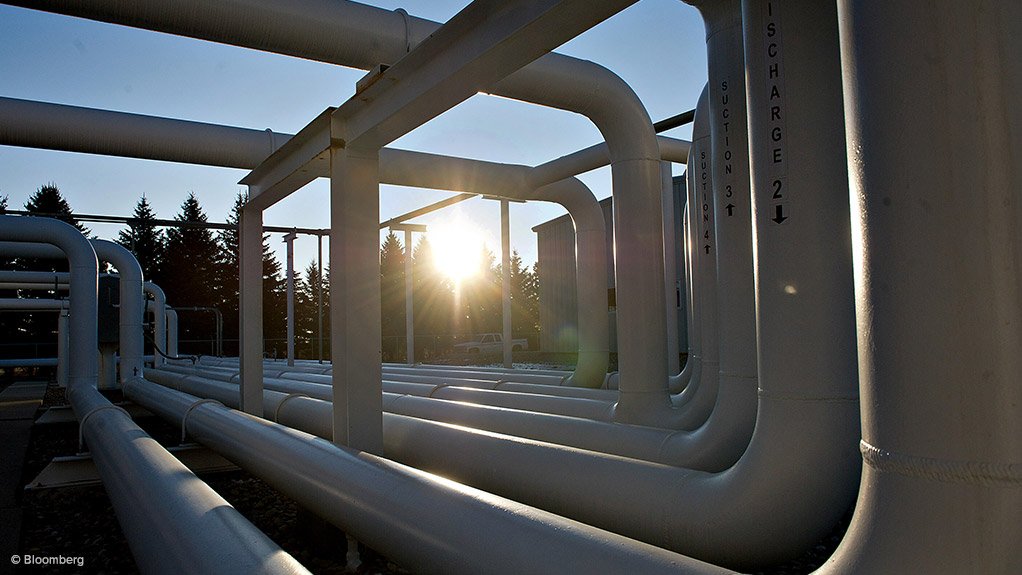TORONTO (miningweekly.com) – Canadian pipeline infrastructure operator TransCanada on Wednesday awarded a multimillion-dollar contract to power and automation technologies firm ABB to manufacture at least 22 electrical houses that would distribute power for the pumpstations along the Energy East pipeline project.
While the order was conditional on TransCanada receiving regulatory approvals for the construction of the project, the agreement to manufacture the 'e-houses' was expected to create up to 120 jobs in Quebec and a further 90 spin-off jobs outside of the greater Montreal area.
E-houses were prefabricated, modular, outdoor enclosures that housed critical electrical and automation equipment required to power pumpstations, ensuring safe and greenhouse-gas-efficient operations. The e-houses had been custom-designed to TransCanada's requirements, with a compact design to reduce the impact on the local environment.
The robust e-houses would have a lifetime of more than 30 years and they had been specified to withstand extreme cold and snow conditions. Pumpstations produced the pressure needed to transport crude oil through pipelines.
However, the $15.7-billion Energy East project remained mired in controversy, with Montreal and nearby mayors opposed to it on environmental grounds.
Natural Resources Minister Jim Carr last week announced that he would apply for an extension of government’s legislated review time on the hotly debated Energy East pipeline of six months, to a total of 21 months, and would seek an extension to the legislated time limit for a decision by three months, to a total of six months. This was done so that the ministry could implement five new temporary measures to environmental assessment processes, among which would be to assess upstream greenhouse gas emissions testing.
Energy East is a proposed 4 600 km pipeline that would stretch from Alberta to an export terminal in New Brunswick, and would be able to carry up to 1.1-million barrels of crude oil a day. The pipeline would be built by converting an existing natural gas pipeline to one suited for oil transportation. New sections of pipeline would also be constructed to complete the route.
The Conference Board of Canada had found that the multibillion-dollar Energy East project would create more than 3 000 jobs yearly in Quebec during the nine years of planning and construction for the pipeline, along with $972-million in tax revenue for the province. When the pipeline goes into service, total tax revenues for Quebec would be $1.2-billion for the first 20 years of the pipeline's operation.
Edited by: Samantha Herbst
Creamer Media Deputy Editor
EMAIL THIS ARTICLE SAVE THIS ARTICLE
To subscribe email subscriptions@creamermedia.co.za or click here
To advertise email advertising@creamermedia.co.za or click here













